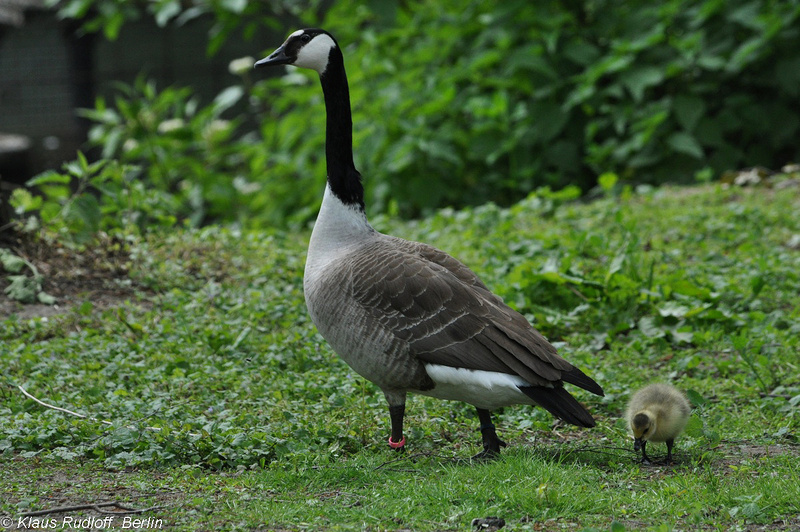|
| Query: geese | Result: 1014th of 1263 | |
Giant Canada Goose - Branta canadensis maxima
| Subject: | Giant Canada Goose - Branta canadensis maxima
| | Poster: | Klaus Rudloff (kdrudloff@t-online.de)
| |

| Resolution: 1200x798
File Size: 532371 Bytes
Upload Date: 2011:11:10 17:06:40
|
|
|